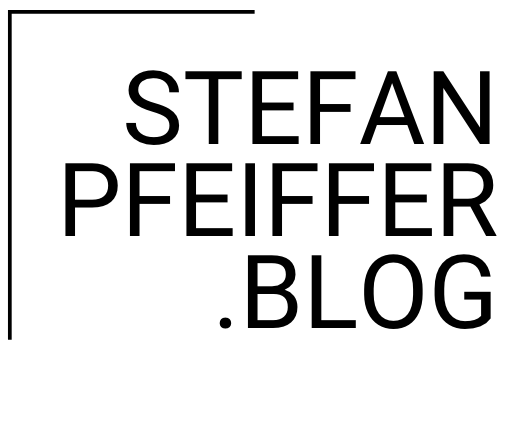Interesting thoughts about Fear of Missing out (FOMO) – (German: die Angst, etwas zu verpassen) in the workplace and the potential impact of Cognitive Solutions on it.
Fear of Missing Out (FOMO) is an anxiety created by the idea that something exciting is going on somewhere else, usually online … and you are ‘missing out.’ It’s FOMO that drives us to constantly check Facebook for new posts and email for new messages. …
In the consumer world of social media, FOMO is a well-known phenomenon, but FOMO at work is new. While it also induces anxiety, unlike its consumer cousin, workplace FOMO has nothing to do with feeling left out socially and everything to do with dropping the ball on important work assignments.
Source: Workplace FOMO is Real, and Getting Worse
I am not sure, if FOMO at work is really new, because I have seen to many people banned watching on their screen not to miss an important email from their boss. The symbolism and language the author is using are bit to militaristic for me (waiting for the bombshell, digital mines) and I still believe that a lot of stress is self-made focusing on the wrong things or – worse – not focusing at all to get things done.
But I do agree on the terror of notifications at the desktop, at the smart phone and … at the watch. I have switched off most of the notifications on my Apple Watch at all. I have reduced the number of notifications on my smart phone. And I am more and more switching off communication channels on my Mac, when I need to concentrate on work. Real-time communication is quite often the death of concentration. Don’t get me wrong: I am a fan of instant messaging, but this does not mean, that you have to be available every second. And yes, it seems that the number of tools, in particular the number of communication channels like email, instant messaging, activity streams, text messaging, video calls, social network notifications are the death of getting work done.
Cognitive solutions are one important approach to to distill and organize relevant information to refocus on work:
It’s for this reason that AI appears so promising for dealing with workplace FOMO. AI’s ability to distill large quantities of disconnected information into an ordered structure seems to be an effective way of overcoming the information overload associated with workplace FOMO.
Source: Workplace FOMO is Real, and Getting Worse
This is why IBM puts Watson at work. But beyond the very promising technological solutions we need to teach our employees and colleagues to prioritize on the important work and not the ongoing noise. The concept of „Things I have to do for somebody“ and „Things somebody has to do for me“ implemented in IBM Verse is one simple way to keep track of tasks. Another, not at all technical way is to switch off channels for a dedicated time and work on a project without interruptions. You get so much more done. And then you can switch on your channels again not to miss the so important announcement of your boss.
To fight the beast we need Cognitive solutions and our very own self-organization and discipline.


Kommentar verfassen